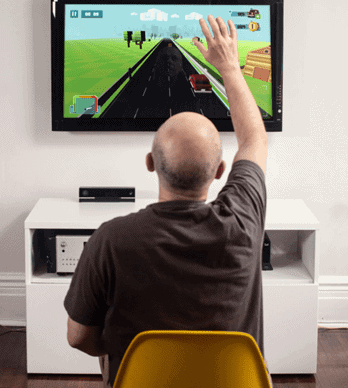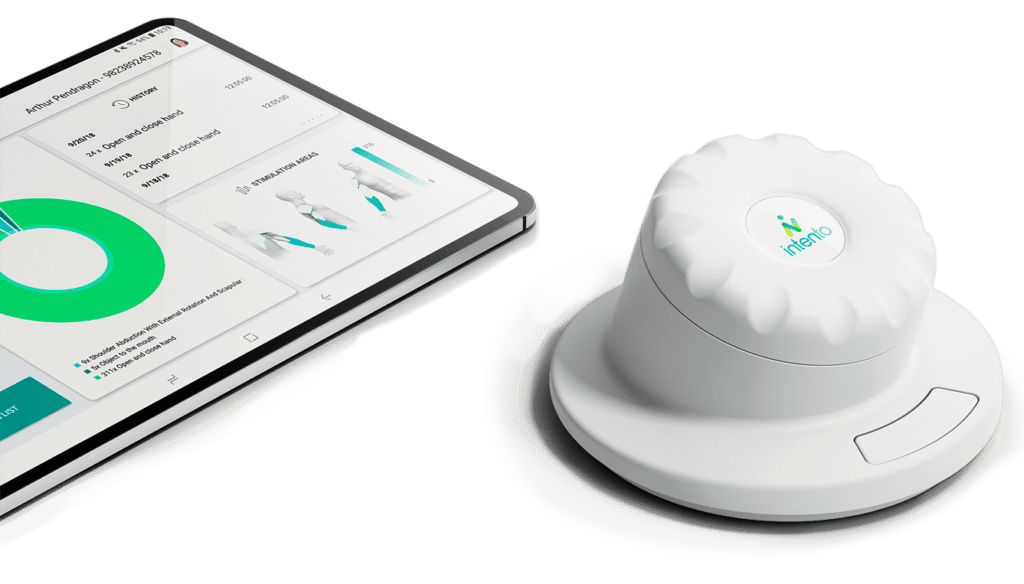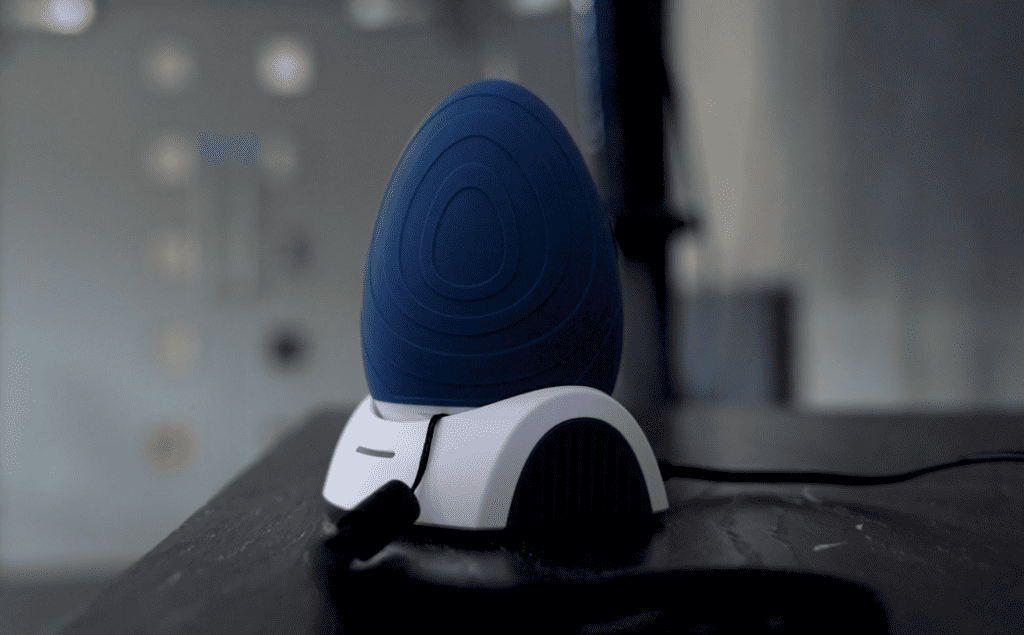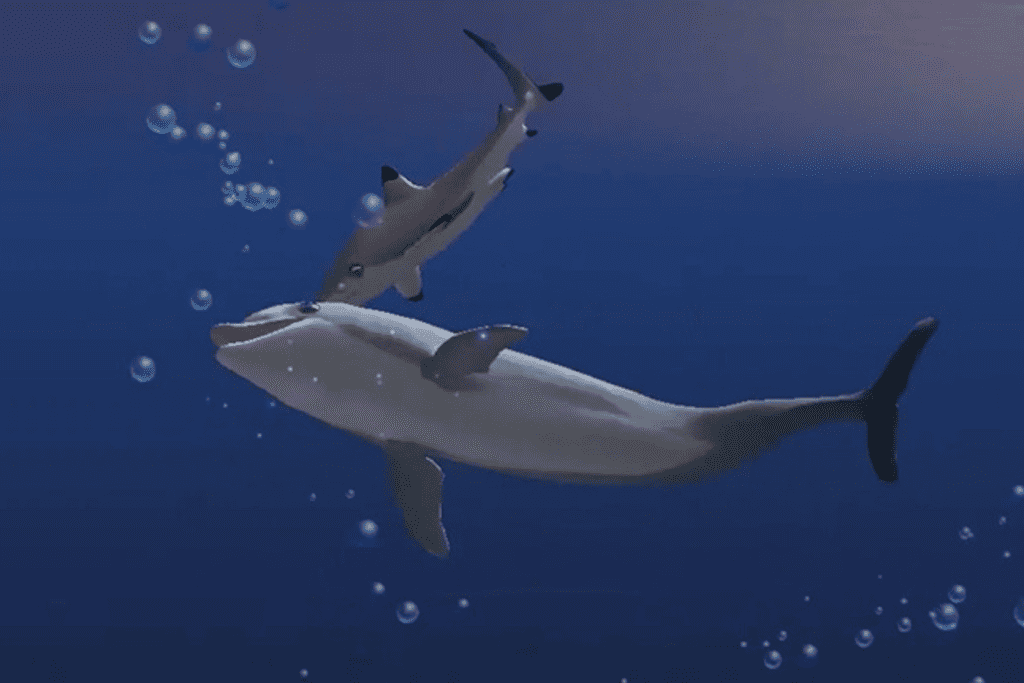MindMaze is a global leader in brain technology that provides digital therapeutic solutions to address the most challenging problems in neurorehabilitation. These immersive therapies promote neurological repair and rehabilitation in brain injured clients.
Developed in ground Switzerland by pioneering neuroscientists, MindMaze uses cutting edge neuroscience to create movement based digital solutions that see clients physically interact with engaging gamified content designed to holistically train and assess motor and cognitive function objectively.

MindMotion™ GO
A first-of-its-kind mobile neurorehabilitation therapy system, MindMotion™ GO comes with a large variety of gamified engaging activities covering motor and task functions. Thanks to the motivating effects of the 3D virtual environment, early results suggest an increased patient engagement and adherence to therapy. MindMotion™ GO has been specifically designed to keep you training longer, helping you to increase therapy dose and recovery potential.
MindMotion™ GO offers real-time audio and visual feedback, to help you to assess progress and tailor your therapy to your performance. So you can see where you are going and how far you have come, each small step of the way.

Intento PRO
Intento PRO is designed to treat patients with severe impairment after stroke. The solution gives patients control of their arm, enabling them to move and train again. Thanks to the delivery of multi-channel electrical stimulation in a fully programmable and precisely controlled timing, meaningful upper-limb movements can be generated. A unique design allows patients to voluntarily control the stimulation, and coordinate the electrically generated movements with their intention to complete functional, goal-oriented tasks. The therapy is delivered accordance with an evidence-based treatment protocol.

Izar®1
A first-of-its-kind, FDA-listed and CE-marked smart peripheral for patients with impairment in hand motor function.
Izar is designed to fill a critical gap in neurological care today and aims to be the most effective hand dexterity and strength treatment in a wide range of neurological conditions.
After a stroke, many people experience hand paralysis, affecting up to 87% of survivors. Hand recovery is often rated by stroke survivors as one of the most important factors for a better quality of life and independence.
Izar is a hypersensitive controller that focuses on training and assessing both hand dexterity and strength. It captures the fine grasp forces and wrist movements needed for daily activities. Even for clients with significant hand challenges, Izar can detect very gentle forces, enabling effective treatment.
This simple and highly portable controller is accompanied by proprietary and engaging gaming content that allows patients to self-train, either in-clinic, at bedside, or in the comfort of their home, dramatically enhancing and expanding training opportunities.

MindPod Dolphin for stroke and upper limb
There are currently only 2 of these in the UK.
Research indicates that people with neurological injuries and diseases benefit from greatly increased doses and intensities of behavioural intervention. A highly engaging animated gaming experience – based on evidence and prescribed protocols – MindPod Dolphin is designed to promote the recovery of motor skills and cognitive function. It comes with an anti-gravity vest that de-weights the arm and trains fine-motor control of the upper-limb by encouraging continuous exploration of its immersive oceanic environment.
In a recent trial of acute stroke patients, MindPod Dolphin’s immersive approach led to similar changes in the Fugl-Meyer Upper Extremity and ARAT measures compared to a dose-matched control intervention focused on high-intensity and high-movement quality therapy. Outcomes for both MindPod and the control intervention were superior to standard of care therapy with respect to the ARAT, but not the Fugl-Meyer. A larger trial, funded by the New Zealand Government, is about to begin in Auckland, targeting patients as early as one week after stroke.